On Air Now
Classic FM Breakfast with Tim Lihoreau 7am - 9am
Siberian-born Maxim Vengerov is one of the greatest violinists in the world today, acclaimed for his concerts, award-winning recordings and humanitarian work. As he turns 40, here are 10 facts about this brilliant musician.
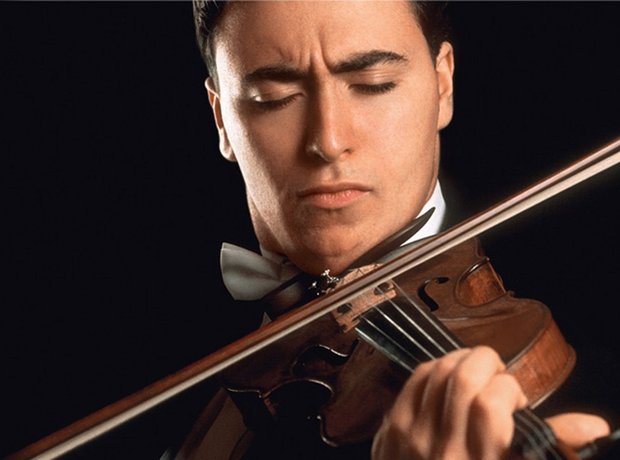
Maxim Vengerov was born into a musical family on 20 August 1974 in Novosibirsk, Siberia. His mother sang and conducted, and his father played oboe in an orchestra. Maxim heard music even before he was born. "When I was still in Mom’s womb," he has said, "I heard David Oistrakh give one of his very last concerts in Russia, playing the Tchaikovsky concerto."
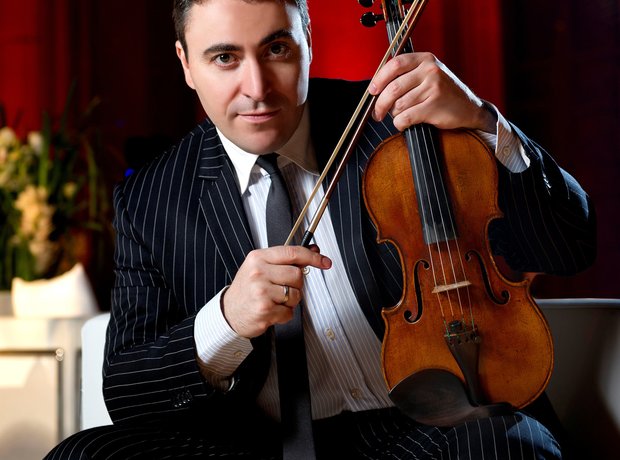
When, aged five, young Maxim was first taken to meet a famous violin teacher, she asked him, "Do you have strength in these hands?" The boy punched her in the stomach as hard as he could. "Fortunately, she was in a good mood that day, and she accepted me as a student," he said later. At the age of 10, he went abroad touring for the first time.
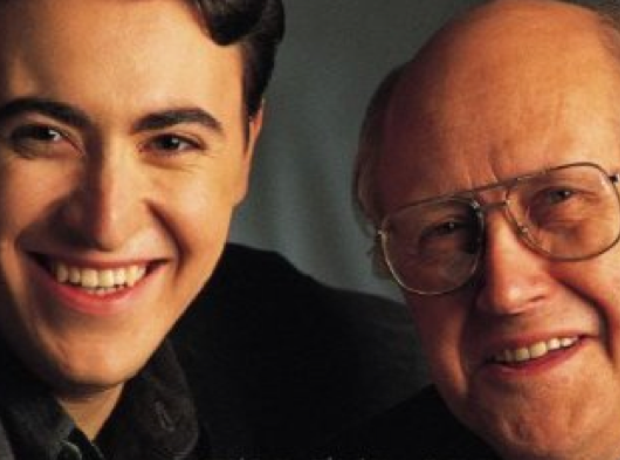
The violinist enjoyed a unique friendship with the great cellist Mstislav Rostropovich. "He’s like a grandfather to me," Vengerov once said in an interview. "He has broadened my views of music and introduced me to composers like Shostakovich and Prokofiev as if they were still alive and I was actually meeting them."
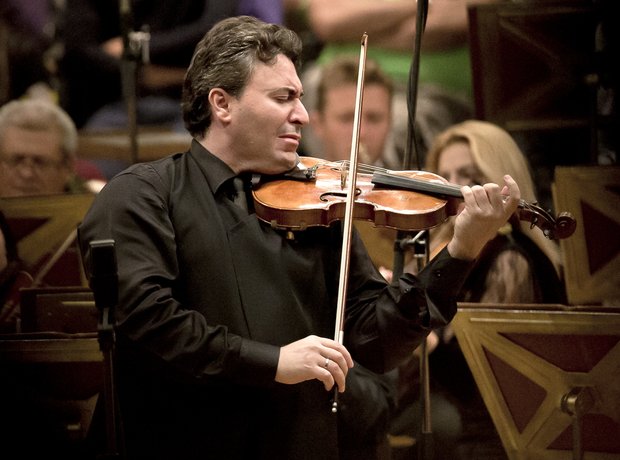
In 1990, he won the International Carl Flesch Competition in London. His public appearances – both as a soloist and with orchestras – at major European music events sparked the interest of major record labels and music magazines. Contact with Rostropovich and Daniel Barenboim, as well as performances with the world's most famous orchestras, added to his artistic progress.
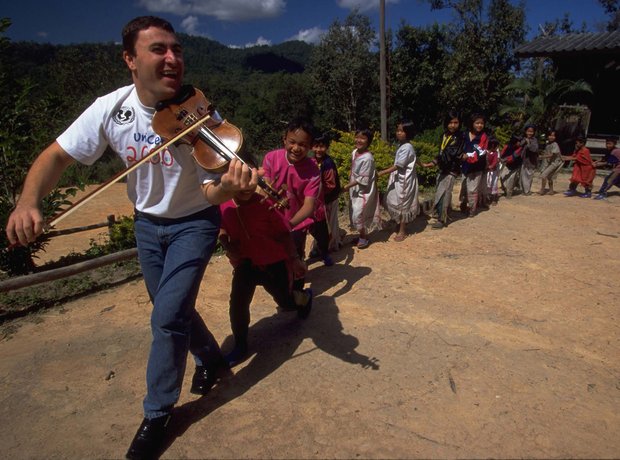
In 1997, Maxim Vengerov became UNICEF's Envoy for Music and has met and performed for children in such places, as Uganda and Kosovo. Here he is pictured in Thailand. Photo: UNICEF/Paula Bronstein
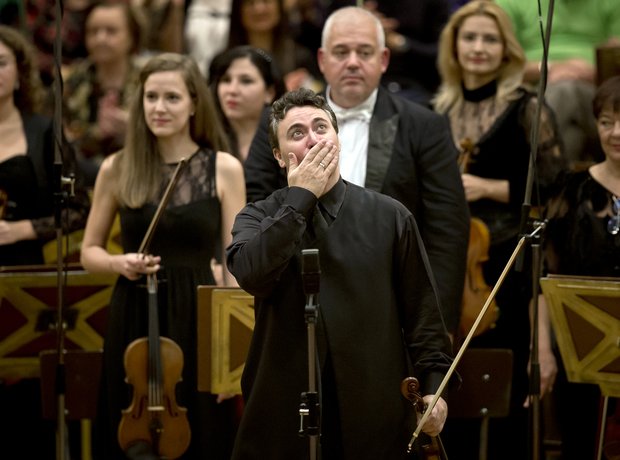
Maxim Vengerov has been inspired to try out many different styles of music, including baroque, jazz and rock. In 2007 he turned his attention to conducting, becoming the first chief conductor of the Gstaad Festival Orchestra in 2010.
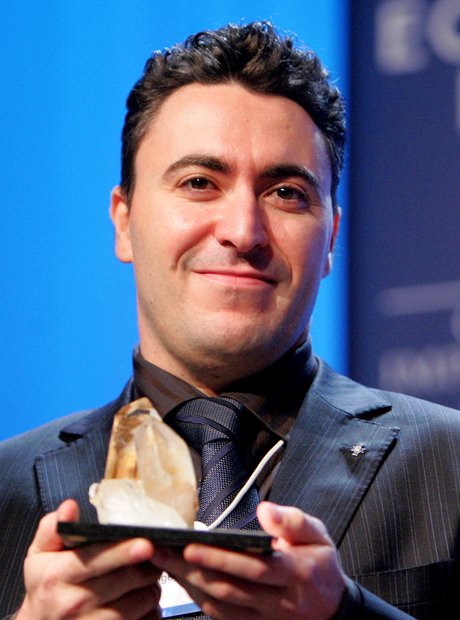
A mysterious arm injury kept Vengerov away from playing for four years. He devoted the time to studying conducting, his work for UNICEF and raising his family. In 2007 he received the Crystal Award at the World Economic Forum in Davos, which honours those who have used their art to reach out to other cultures. Photo: PA
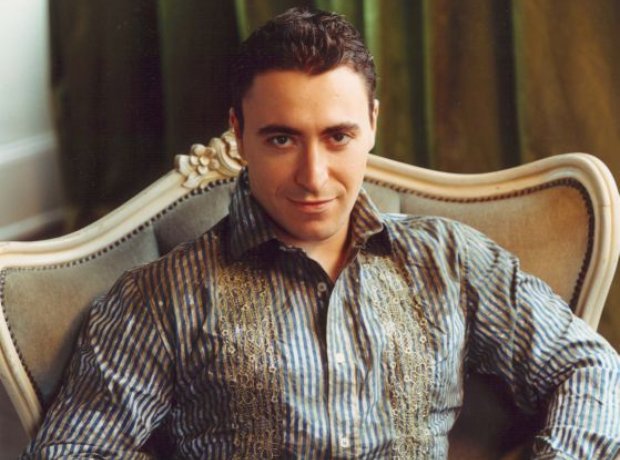
Vengerov sees music as a retreat from the pace of modern life. “It has the power of healing," he said, "because we learn something not only about music but about ourselves...We need to return to the roots, and we shouldn’t cut ourselves off from the source.”
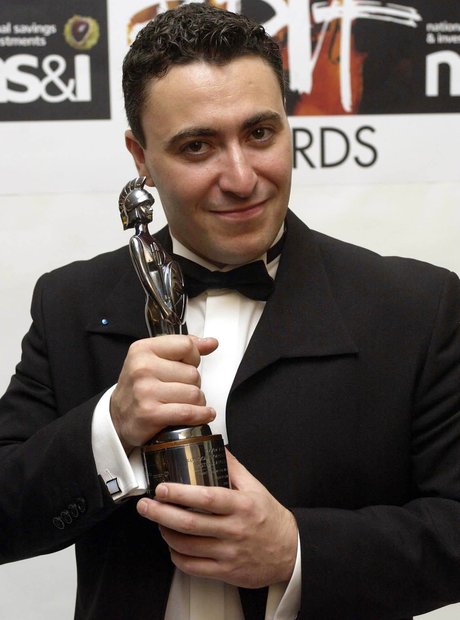
Vengerov is planning to launch his own label, Vengerov Music Vision. He hopes to release four or five recordings each year exclusively online. He is seen here receiving the Critics Award at the 2004 Classical BRIT Awards 2004 at the Royal Albert Hall. Photo: PA
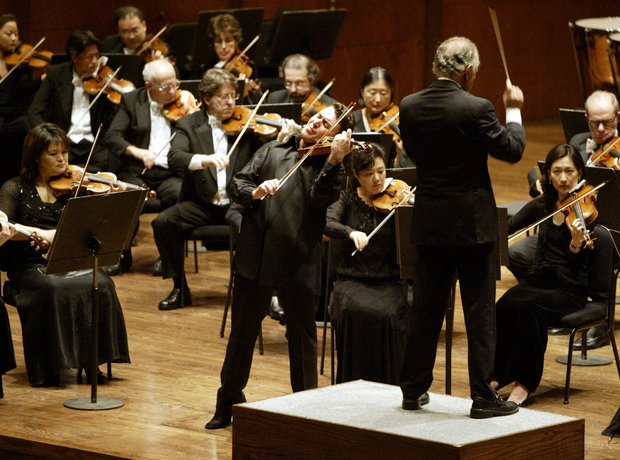
Since he returned to the violin in 2011, Vengerov has performed as soloist with many major orchestras including the Berlin Philharmonic, London Symphony Orchestra and Chicago Symphony Orchestra, often performing a major concerto in the first half and conducting a symphonic work in the second, including Rimsky-Korsakov's Scheherazade in which he also performs the violin solos. Picture: Getty